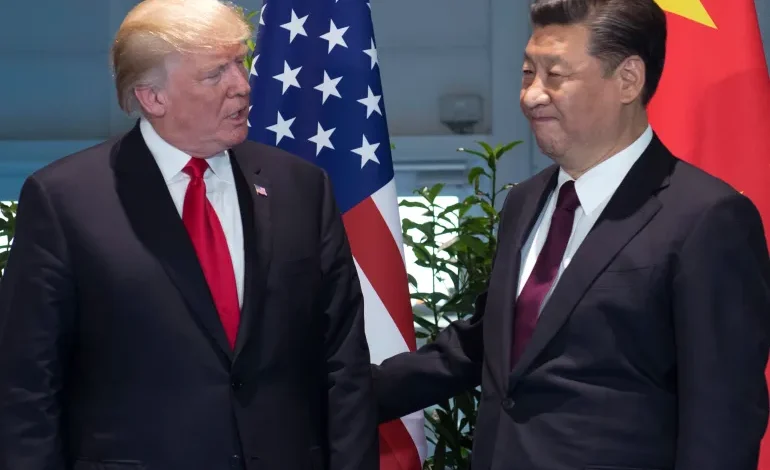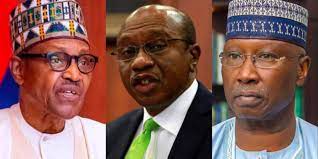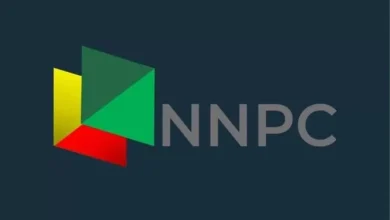Trump Invites Xi Jinping to Inauguration Amid Strained US-China Ties

President-elect Donald Trump has extended an invitation to Chinese President Xi Jinping to attend his inauguration ceremony in January, despite their historically tense relationship marked by trade wars, tariff threats, and harsh rhetoric.
On Thursday, Trump’s incoming press secretary, Karoline Leavitt, confirmed the invitation, framing it as part of Trump’s effort to foster dialogue with both allies and adversaries. She described it as an example of Trump’s approach to building communication with world leaders, including competitors like China. Leavitt added, “This is an example of President Trump creating an open dialogue with leaders… not just our allies but our adversaries and our competitors, too.”
The invitation comes at a time of heightened US-China tensions, particularly following Trump’s trade war with China during his first term, which led to tariffs on both sides. Experts have pointed out that it would be unprecedented for a Chinese leader to attend a US presidential inauguration, given the longstanding adversarial relationship between the two countries.
While Xi has not responded to the invitation, Chinese Foreign Ministry spokesperson Mao Ning provided no comment when asked. Observers speculate that Xi may decline the offer, given the historical context and potential optics of attending an event where relations between the US and China are marked by significant rivalry.
The relationship between the two leaders has been rocky, with Trump initiating a trade war during his first term, which economists warned hurt both nations. In 2019, the UN warned that the trade war was damaging to the global economy, and Trump’s rhetoric on the COVID-19 pandemic, where he referred to it as the “China virus,” further soured relations. China strongly condemned his remarks as “baseless” and criticized the stigma associated with his language.
Looking ahead, tensions may persist under a second Trump term, as the President-elect has indicated he will continue to impose tariffs on Chinese goods, particularly in relation to the trade of fentanyl. His administration will also be bolstered by foreign policy hawks, including Marco Rubio, who has been vocal about China’s economic practices.
Despite the ongoing tensions, both nations have shown signs of willingness to engage diplomatically. Trump himself recently indicated that his administration would engage in “a lot of talks with China.” In parallel, the Biden administration has taken steps to engage China more cooperatively, with Treasury Department officials set to meet with Chinese counterparts in Nanjing, and other discussions planned at the Group of 20 forum.
As both sides navigate these complex dynamics, some remain hopeful for a more collaborative future. Xi Jinping, in a recent speech, emphasized the importance of choosing dialogue and cooperation over confrontation, urging a move toward “win-win cooperation” rather than zero-sum thinking.





